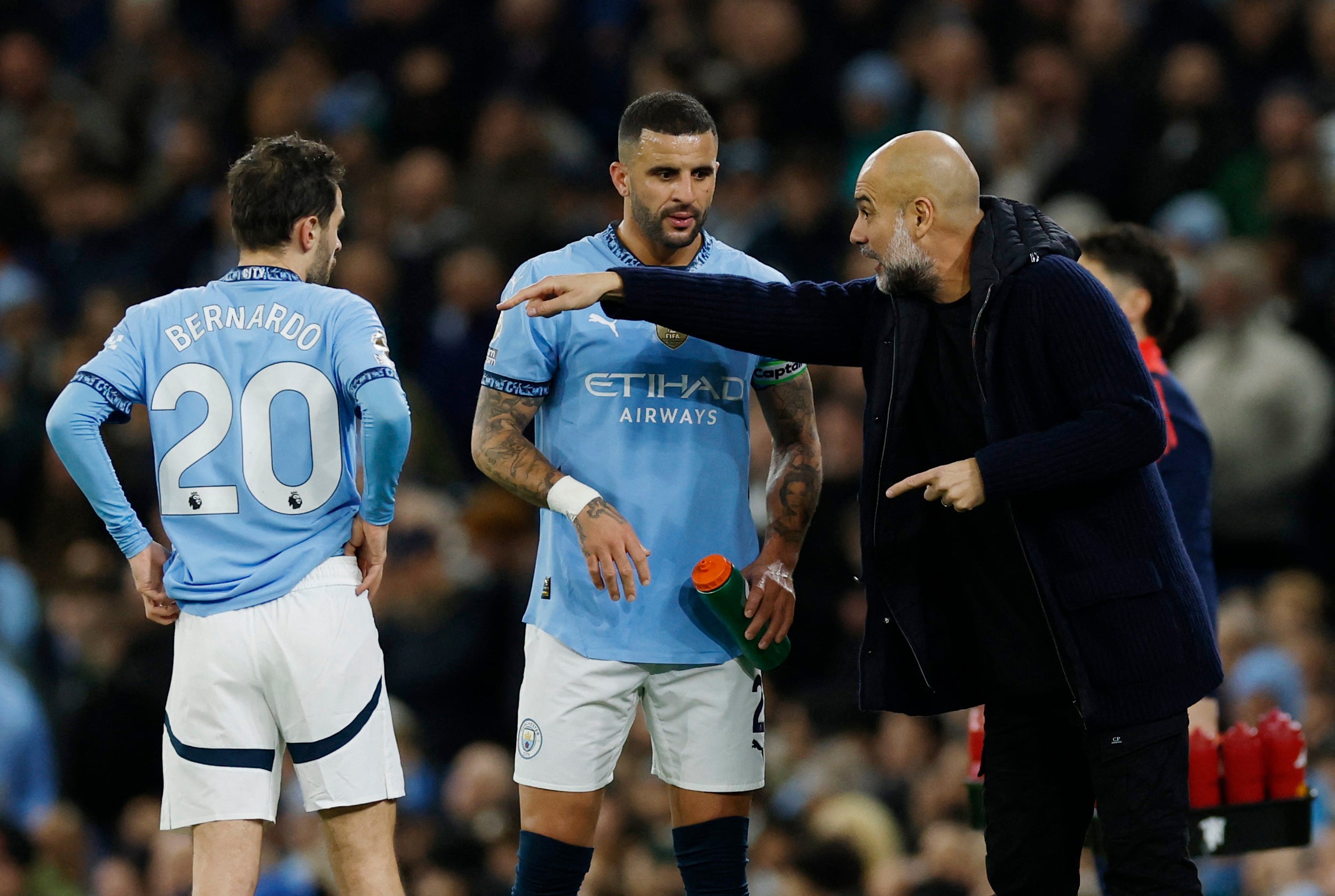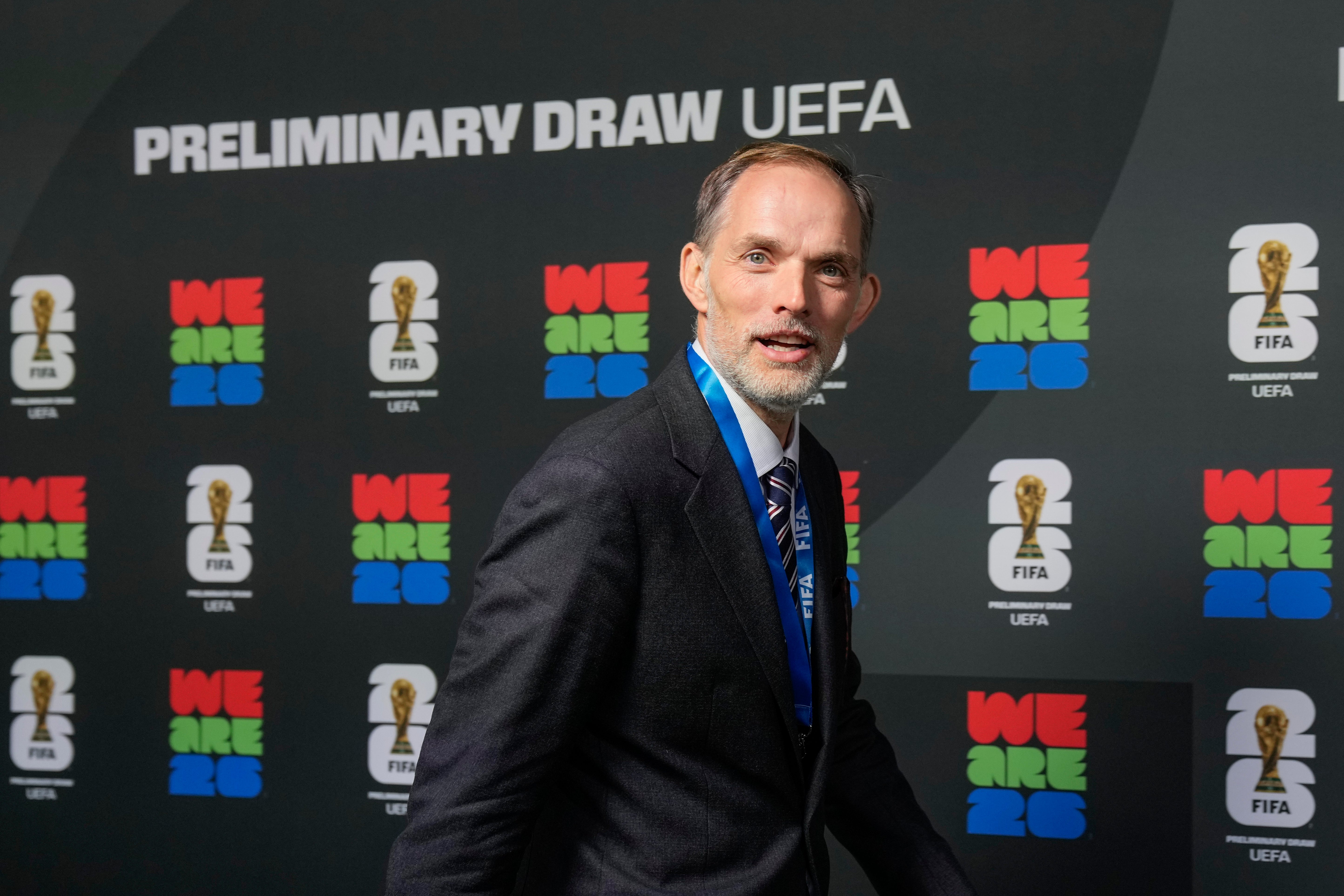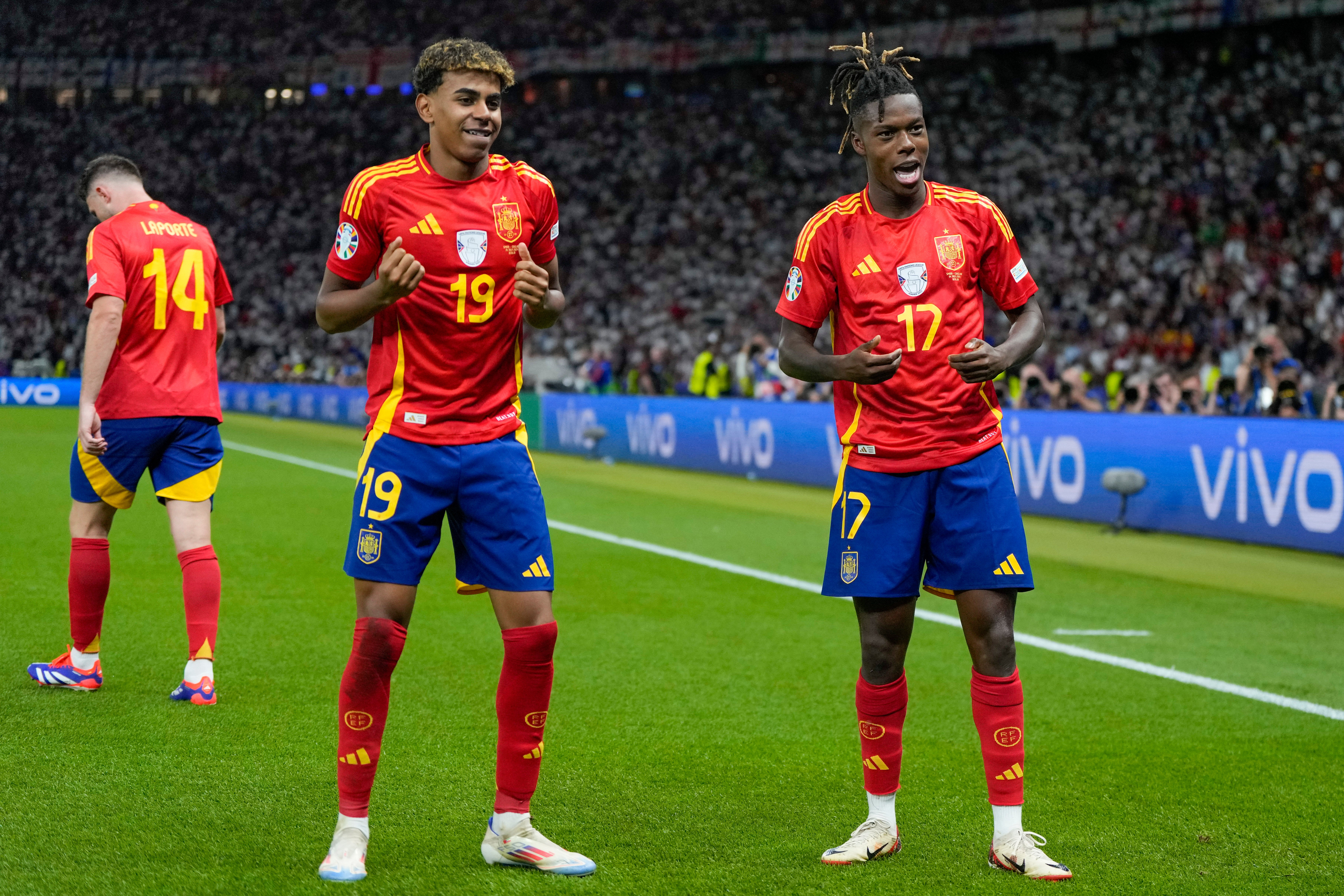By the last few weeks of 2024, there were senior figures in football complaining that they were “spent”. That’s not simply players who went the distance in competitions like Euro 2024, either. You only have to look at Pep Guardiola right now. It’s a feeling shared by many officials. The sport has become non-stop, in terms of pure news and content as much as the continuous calendar. That is one legacy of 2024 for the game, in how “Forever Football” was finalised, but it says much that it won’t even be the biggest consequence of the year. So much more could yet change.
It is almost fitting, given such constant noise and place-setting, that the year built up to two developments in the space of mere days that will completely reshape the game’s future. On Thursday 5 December, the Premier League hearing on the Manchester City case concluded. On Wednesday 11 December, Fifa awarded the 2030 and 2034 World Cups to Morocco-Portugal-Spain and Saudi Arabia, respectively, by “acclamation”.
The effects of both are going to be profound. The outcome of the City hearing, which is understood to have been an extremely disciplined process, will change the Premier League as we know it. The Premier League’s global prominence means that the anticipated February outcome will change the rest of the sport, although that will be in a new world influenced by the World Cup decisions. So much of football is now going to be geared towards 2034, especially with the sheer amount of money that Saudi Arabia is willing to spend. The next decade is going to be filled with debate about that tournament but there is one aspect that feels beyond argument before you get to any of the various issues. The image of Gianni Infantino telling officials on a Matrix-style display of screens how to “applaud” a predetermined “decision” is one that should become infamous, a modern rival for Sepp Blatter’s shock when he had to read out “Qatar”.
Duly, neither of these developments took place on the pitch. That leads to something else that was notable over the year, particularly around Euro 2024. All of football is now built up to be “big” but it conversely means that much less of it feels that way, as we’re always just onto the next game. It’s largely content rather than consequence. The most significant events now take place elsewhere.
Those significant events took place in the courts and through legal action, as was discussed in this very review 12 months ago. You only had to look at City’s Associated Party Transactions case during that war with the Premier League, and Nottingham Forest even saying the club would “consider its options” after refereeing decisions in a 2-0 defeat to Everton. On top of that, there was the Lassana Diarra judgment on the transfer market.

Except, such has been the escalation over the past six months that it feels like football is already moving beyond the courts to an arena of far greater intrigue. A series of legal judgments have just created the precedent for more high politics, to go with state influence. The Football Governance Bill was launched, with the noise from that resulting briefing war from both football stakeholders and the political parties. Tickets to Arsenal briefly became front-page news, although that might not quite have been the case if they were for some of the more frustrating matches where Mikel Arteta’s team failed to score and their recent momentum was stunted.
Uefa was, meanwhile, dragged into a debate over the independent football regulator, particularly over the exact interpretation of a letter about it. This was all as an increasing number of European Union officials felt the need to more deeply scrutinise both Uefa and Fifa over governance, especially on the back of how those same legal judgments questioned their roles as regulators.
A tumultuous time for the world has been reflected in a tumultuous time for football, all as it increasingly cosies up to autocrats.
Even England’s most momentous development wasn’t actually on the pitch – reaching another Euros final, since that has now become frequent. It was Gareth Southgate leaving a post where he had become a spokesperson for the nation, to be replaced by a third foreign manager and first German in Thomas Tuchel.

That appointment led to so much debate about nationality but the most significant discussion should have been about why so much English expenditure on football doesn’t yet mean a structure that produces a top-level coach. At the same time, the greatest power in the women’s game, USA, moved for Emma Hayes.
Southgate followed Jurgen Klopp off the stage, in a departure that felt seismic in terms of the sport’s personality. The only surprise so far has been how successfully Liverpool managed the transition under Arne Slot from one of their transformative figures.
The wonder is how long Klopp’s great rival in Guardiola will persevere. It also feeds into a more philosophical discussion over the Catalan’s ideology. The irony of Guardiola’s recent struggles is that he has faced his greatest difficulties at the exact point his football has truly conquered the planet. Virtually everyone plays at least some of Guardiola’s principles, with many seeking to emulate his entire game. That can be witnessed in how Slot’s Liverpool are closer to the Catalan’s idea than Klopp’s, as well as the resurgence of Spain as trophy winners again.
Even that Euro 2024 victory, however, showcased evolution that has deepened arguments over whether Guardiola is now improvising in the way he used to.

Spain won with their vintage possession-pressing positional model but also more. Lamine Yamal and Nico Williams offered the intensity that the team have long been crying out for.
Unai Emery made history at Aston Villa through a modern hybrid approach. Xabi Alonso similarly showed another way, with more individualism, in breaking the Bayern Munich stranglehold to win an invincible double in Germany with Bayer Leverkusen. The Basque was only bested in the Europa League by an Atalanta still made so exhilarating by Gian Piero Gasperini. He has long been his own man and offered one of the quotes of the year in celebrating his victory.
“It gives scope for meritocracy: there is still scope for ideas and doesn’t have to come down to cold, hard money.”
It’s all the more important a message when any review like this ultimately has to come back to the images of the biggest trophies being lifted. Manchester City won the Premier League again. Real Madrid won the Champions League again.
And yet, for all that they showed us the same things on the pitch, the year ends with both being affected by so much off the pitch.

The dynamic of Real Madrid has been changed by Florentino Perez’s insistence on signing Kylian Mbappe, a move that looks like it might be a modern David Beckham-for-Claude Makelele in how it destabilises the team. Manchester City are suddenly facing a storm of issues, especially in how to handle succession during a war with the Premier League.
Both have struggled with the calendar, as Uefa also insisted on their own expansion of the Champions League.
So, it was the year of Forever Football but one from which the sport may never look the same again.
